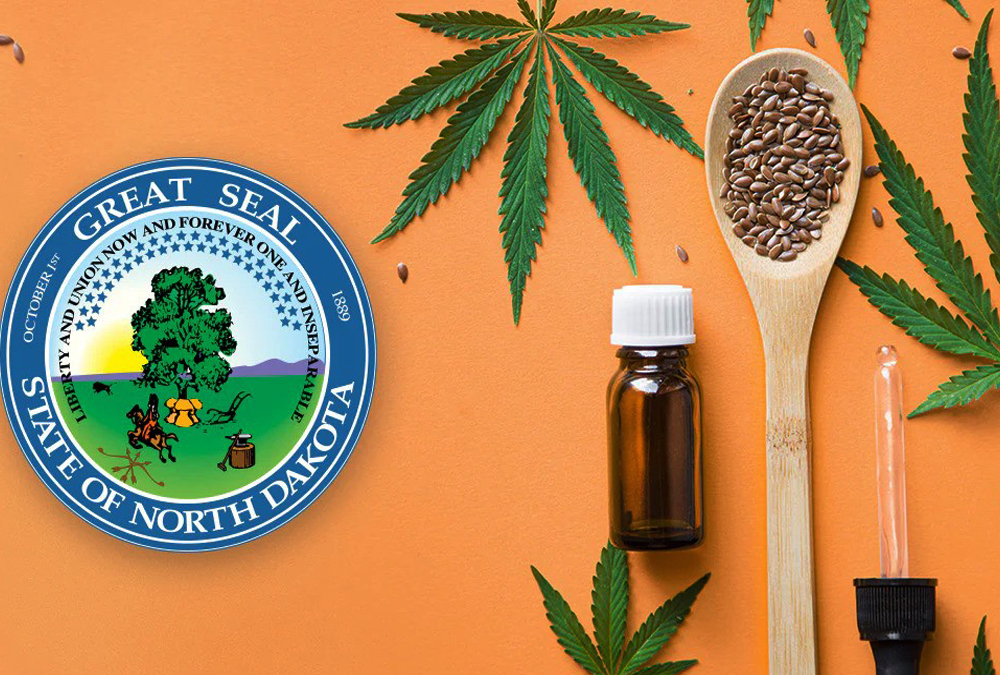
In recent years, CBD (cannabidiol) has emerged as a popular wellness supplement known for its potential therapeutic benefits. However, the legal landscape surrounding CBD can be complex, varying from state to state. For residents and visitors in North Dakota seeking clarity on CBD’s legality, this comprehensive guide will navigate through the legal nuances step by step.
Understanding CBD and Its Legal Status
CBD is a non-intoxicating compound derived from the hemp plant, known for its various potential health benefits. In 2018, the Farm Bill federally legalized hemp-derived CBD products containing less than 0.3% THC (tetrahydrocannabinol), the psychoactive component in cannabis.
The Legal Framework in North Dakota
Historical Perspective
North Dakota has shown a progressive stance towards hemp cultivation. In 2016, the state authorized the cultivation of industrial hemp through a pilot program, aligning with federal provisions.
The Impact of Federal Legislation
Following the federal legalization of hemp through the 2018 Farm Bill, North Dakota adjusted its laws to comply with federal regulations, allowing the cultivation, production, and sale of hemp-derived CBD products with low THC content.
North Dakota’s Hemp Program
The North Dakota Department of Agriculture oversees the state’s hemp program, issuing licenses to growers and processors. The program aligns with federal guidelines, ensuring that CBD products comply with THC limits.
Purchasing and Possessing CBD in North Dakota
Buying CBD Products
Consumers in North Dakota can purchase CBD products from various retailers, including pharmacies, wellness stores, and online platforms. It’s essential to ensure that products have been tested by third-party laboratories to confirm compliance with THC content regulations.
Possession Laws
The possession of CBD oil and other hemp-derived CBD products containing less than 0.3% THC is legal in North Dakota. However, it’s advisable for consumers to be familiar with labeling, sourcing, and quality to stay within the legal boundaries.
Licensing and Regulation for CBD Businesses
Licensing Requirements
Businesses intending to cultivate, process, or sell CBD products in North Dakota must obtain appropriate licenses from the state’s Department of Agriculture. Compliance with regulations, including THC limits, labeling, and testing, is crucial for obtaining and maintaining these licenses.
Quality Control and Testing
North Dakota mandates thorough testing of CBD products to ensure compliance with THC limits and to verify product safety and quality. Third-party lab testing is a crucial step for businesses to demonstrate adherence to these standards.
Future Outlook and Conclusion
North Dakota’s progressive approach towards hemp cultivation and CBD regulation indicates a promising future for the industry in the state. However, it’s crucial to stay updated with evolving laws and regulations that may impact the production, sale, and use of CBD products.
Final Thoughts
Navigating the legal landscape of CBD in North Dakota involves understanding federal and state laws, licensing requirements, quality control measures, and ongoing regulatory changes. Residents and visitors interested in CBD should ensure compliance with existing regulations to enjoy the benefits of CBD within the boundaries of the law.
In conclusion, the use of hemp-derived CBD containing less than 0.3% THC is legal in North Dakota, aligning with federal guidelines. However, staying informed about the evolving legal landscape and sourcing reputable products remains essential for both consumers and businesses in the state.
Please note that this guide is based on information available up to January 2022 and that legal regulations may have changed since then. For the most current and specific legal advice or information, consulting legal experts or official state departments is advisable.